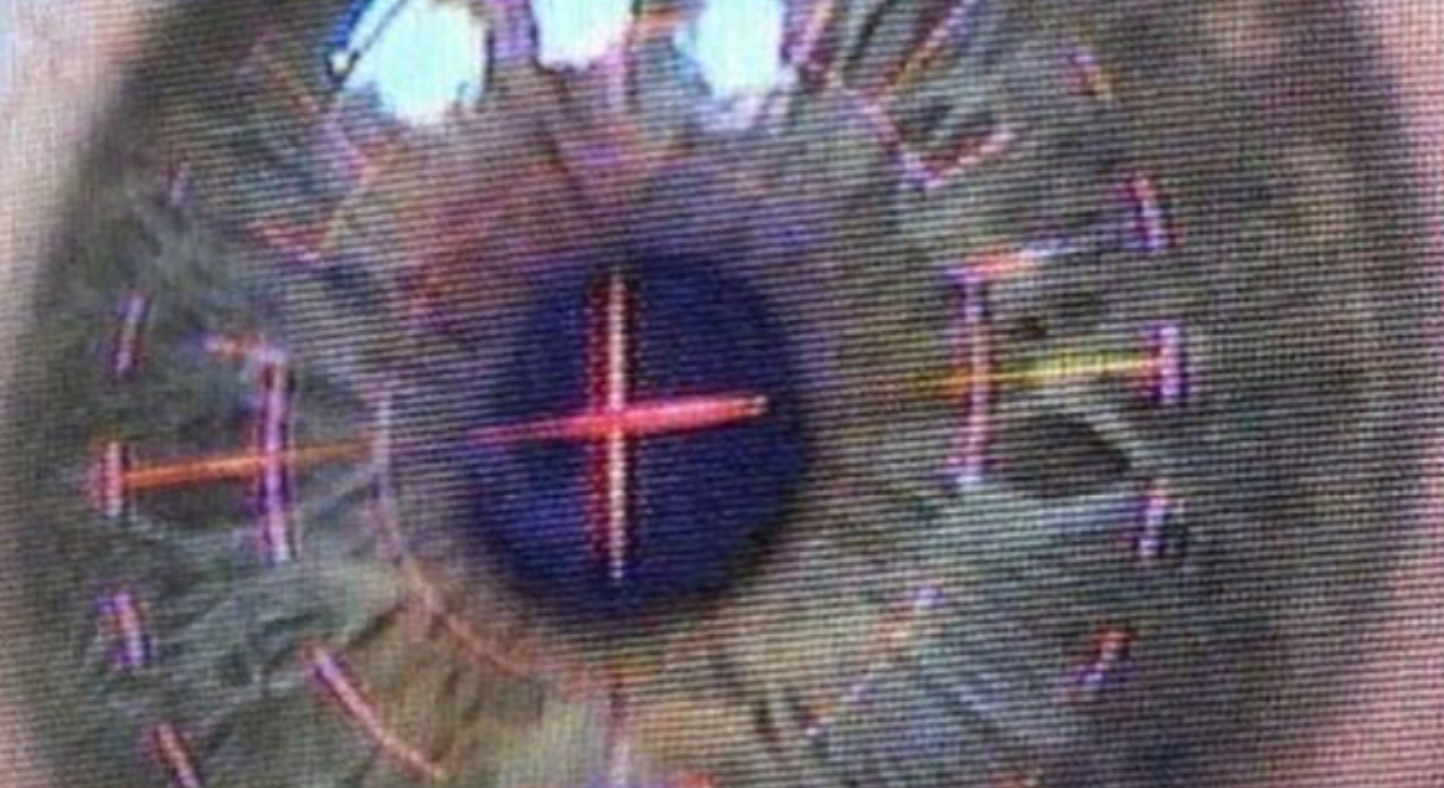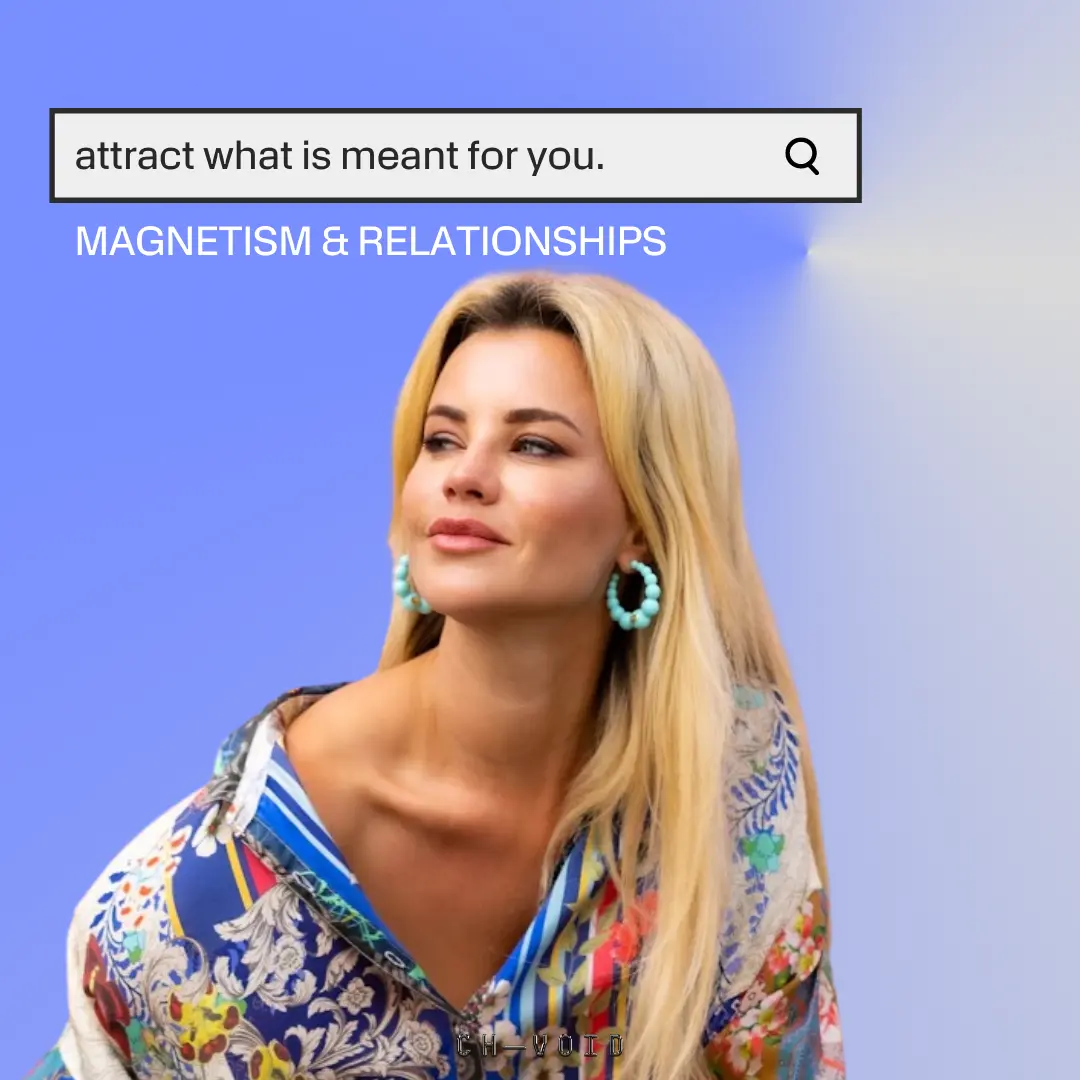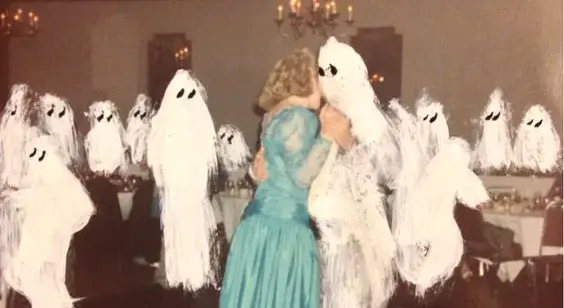Algorithm __
The pursuit of love and truth between seesawing narratives.
My Facebook feed creates a strange feeling of dissociation for me.
At thirteen, I went through a stage of trying to acquire relative Facebook fame (120+ likes per photo), which saw me accept the friend requests of a few hundred random people, mostly from schools in my district. Now my entire feed is filled with people posting photos of their wedding or their first baby or first house, and I don’t think I’ve met most of them. For Facebook, that feels wrong. The socio-economic area I live in is vastly different to where I lived then, mainly because people here do lots of cocaine instead of ice, and I can’t help but think that if I’d taken a different door as a teenager, maybe I’d be dealing with nappies instead of existential crises triggered by creating art.
I know what people say about artists, how they are self-entitled, self-consumed and disdainful in their privilege. I tend to agree, because my art makes me moody and self-centered sometimes, and I know a lot of insufferable aRtIsTs, who I love regardless. I think it’s because I often don’t like my writing, which is hard to grapple with, but I know the remedy for this is to do it anyway. My relationship with the truth is: I find it hard to read the things that are easy to write, and hard to write things that I want to actually read.
The internet algorithms change almost weekly, and as a result my personal Instagram feed’s aesthetic has had another pivot, just like the time I dyed my hair blue or pink. I think I’ve lost track of how many micro-edits I’ve made to my public image in order to stay relevant. I wonder how much this sort of rule changing contributes to the breed of nihilism popular on the internet, when people are exhausted by trying to stay hyper-cool, self-aware and now. And for who?
When I imagine them making new internet algorithms I imagine a spaceship-esque control room with tin foil dressed men receiving barking commands from a higher something. But there’s no God directing this mess, just corporate greed. Though, I suppose that’s a god for some men.
There’s a particular school of thought I learned in a literary criticism class, called the “death of the author.” Like the name suggests, it means that the intentions and context of an author have no say in the ultimate meaning of a text, for fear that it may limit the text’s potential. I have seen many people misuse this sort of logic to justify their shitty behaviour, so I’ve grown to dislike it, though I deeply respect its legitimacy and usefulness theoretically. Straddling intellectual paradoxes is yoga for the brain, and I am constantly trying to give room for peace to unfold. Something that proves quite difficult with so many tabs open.
We absorb so many influences, to the neglect of our own intention. So much of our culture tells us that freedom of speech is important until you offend someone, and then you have to pay a social tax. All that teaches people to do is to be “smarter” or shut up. Maybe you’re not really that smart if you can’t teach someone else something… I find myself mourning the fact that I have surrendered to intellect more often these days, in conversation, in mediation and in my work, because when I place my emotions at the table, I tend to get hurt.
I will teach my children how to balance head and heart, more than I was. Especially because people like to say things like: “Let’s not make it a big deal” or “That’s so dramatic.” As if hearts are not big deals. Like truly caring about things is something sub-superior to cold, callousness.
I do care. People spend a lot of time not caring, searching for someone who will.
I find that reductive statements when used as rebuttals to boundaries are often made by people who’ve lost care for their own hearts. By people who have been emotionally maimed by loving and losing, left like a child on the side of a footpath. We have commoditized loving so much that we are encouraged to draw ourselves into narratives as either the victor or victim, and then we live there. Granted, sometimes it’s true: we feel like we have fallen from love. But then we hold ourselves; on the floor, in the shower, in the car, in the night, in the sounds of morning; and we grow new wings. And maybe we will love just the same as we did before, or maybe our algorithm will change.
Maybe we will be able to give less and look to receive more, as a form of self-justice. Maybe we will never open as wide as we once did. Maybe I will stop liking men one day, and that would be a good thing. I spend a lot of time in the void thinking about that.
I am often afraid that if we don’t do more to combat heartbreak reprogramming, we will have another pandemic on our hands. One of loveless-ness.
Is an unemotional womb a safer place to bear a child from?
Is my 13-year-old heart still mine?





















